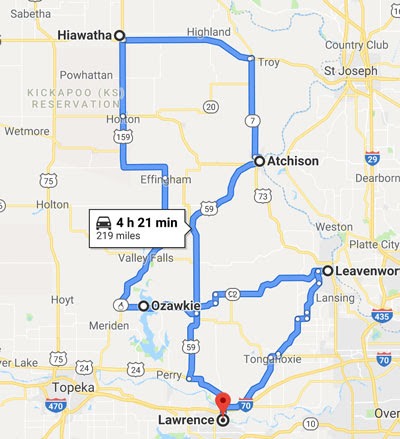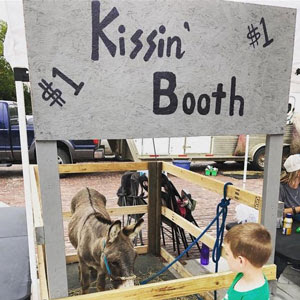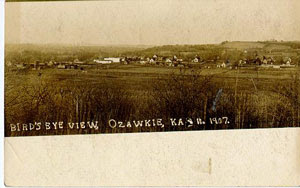|
We need a political revolution in Kansas against the Plutocrats and those determined to destroy our state government.
"I will tell the people what's going on at the statehouse. I'm going to treat the capitol as a borderline crime scene. ... If businesses don't have to pay taxes, the burden should not be on those trying to feed themselves." - The Valley Falls Vindicator & Oskaloosa Independent, March 3, 2016.
Across Kansas the top 1% are looting and on-the-loose, pitting us against each other. Communities in Jefferson County need to democratically prepare themselves for food and energy autonomy.
- MICHAEL CADDELL, Publisher, Producer Radio Free Kansas
Friday, November 15, 2019
Kansas Sampler Foundation, News Release Explorer Extra!
Sunday, October 27, 2019
Kansas News Service, Oct. 25, 2019
| ||||||||||||||||||||||||||||||||||||||||||||||||||||||||||||||||||||||||||||||||||||||||
|
Tuesday, September 24, 2019
"A BUSY LAST FEW DAYS" @ Abbie Hodgson for Congress
Paid for by Abbie Hodgson for Congress
Abbie Hodgson for Congress
P.O. Box 126 Lawrence, KS 66044 United States If you believe you received this message in error or wish to no longer receive email from us, please unsubscribe. |

Thursday, August 15, 2019
Rural Electric: POWER TO THE PEOPLE

NEW RESOURCE EMPOWERS AMERICA’S 40 MILLION+ ELECTRIC COOPERATIVE MEMBER-OWNERS
We shouldn’t take our power for granted.
At the start of the Great Depression, 90% of rural households lacked access to electricity. For most private companies there wasn’t “enough” money to be made supplying electricity to remote places.

Enter: Rural Electric Cooperatives (REC).
Thanks to public investment and New Deal programs like the Rural Utilities Service, electric cooperatives sprung up all over rural America. Today there are more than 850 cooperatives in 47 states providing service to 56 percent of the nation’s landmass, from the bustling suburbs in Austin to rural farming communities in Eastern Kentucky.
Founded on the cooperative principle of democratic member control, REC customers are also member-owners of the business. This innovative structure is a huge strength. By replacing private shareholders with cooperative members, the need for massive profits takes a back seat to the needs of the community (and the planet).
At the same time, RECs aren’t perfect and that’s part of the story too. Many RECs have excluded black and indigenous communities they served and perpetuated leadership that doesn’t represent or engage their membership.
However, by giving members a voice in how the business is run, RECs have the potential to transcend their historical roots, meet their community’s needs and be more than just energy companies. They can be leaders in renewable energy development. They can be internet service providers. They can mobilize investment as part of a Green New Deal just as they did during the New Deal era. They can invest in revitalization and infrastructure projects, and anything else their members decide they need.
Today we’re launching the Rural Electric Cooperative Toolkit, a resource for the over 40 million electric cooperative members in America. Created by a group of organizations convened by the New Economy Coalition, the toolkit aims to support co-op members who want to get more involved in their RECs.
The toolkit is arranged in four different sections and includes beginner resources for those brand new to RECs, success stories and case studies, as well as mapping and popular education tools for those ready to get to work and organize their REC. It’s a living and breathing resource, so please email Liz@WeOwn.It to add or update to it!
We’re not taking our power for granted. We’re getting organized. Check out the Rural Electric Cooperative Toolkit and spread the word to bring #PowertothePeople!
New Economy Coalition
PS. Special shout out to the NEC members who made this toolkit happen: Clean Energy Works, We Own It, MACED, CURE and the entire dedicated team!
PPS. Want to spread the word? Amplify this tweet and share across your social networks!
|
Subscribe to:
Posts (Atom)














